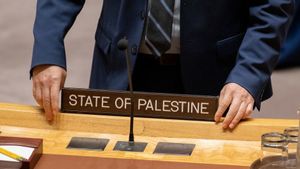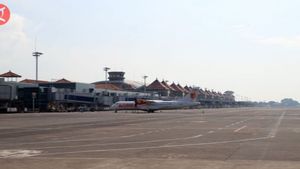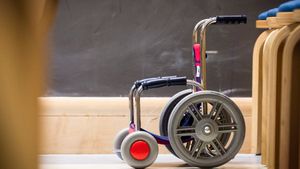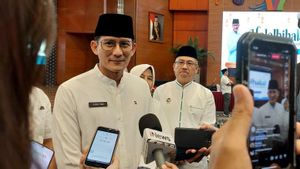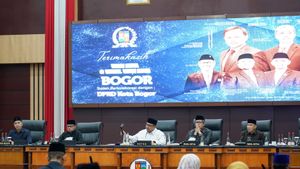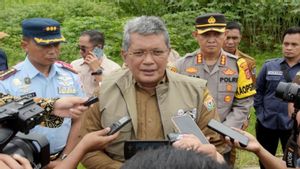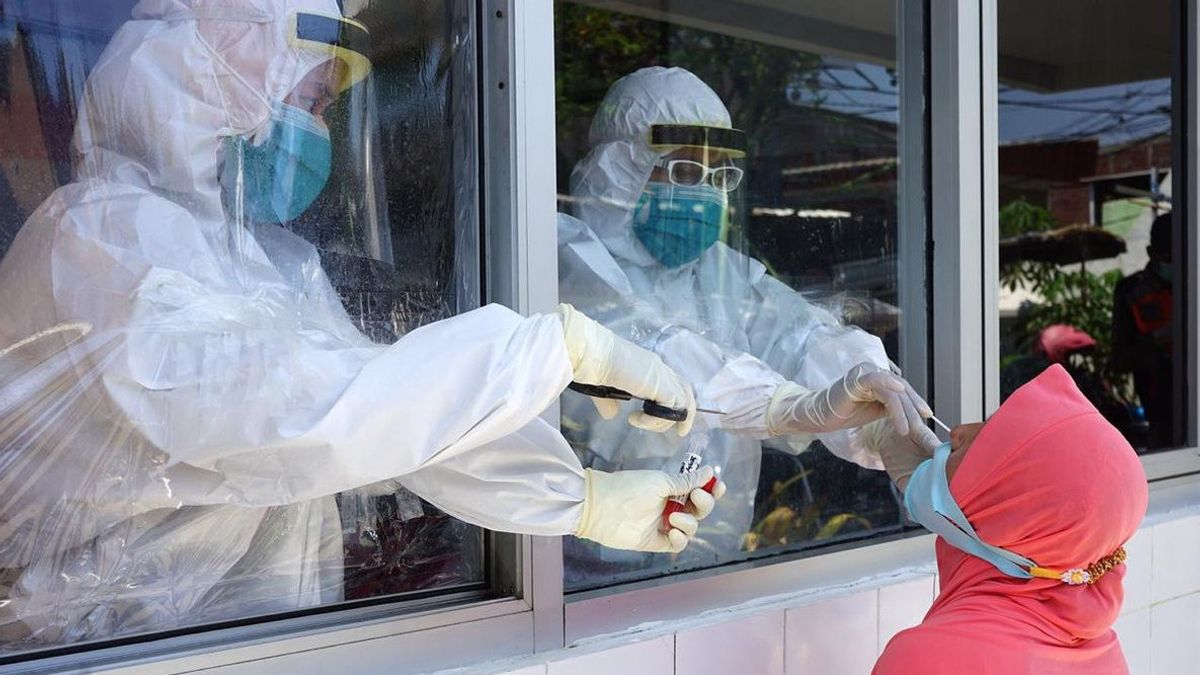
SURABAYA - Thousands of Surabaya health workers (nakes) have been injected with the COVID-19 vaccine in the first batch. Based on data from the Surabaya Health Office (Dinkes), the total number of health workers who have received vaccinations is 2,301 people.
Head of the Surabaya City Health Office, Febria Rachmanita, said that out of 2,301 vaccine recipients, health workers had passed the screening stage and had been vaccinated. Thousands of health workers who have received the vaccination work in 109 Health Service Facilities (Fasyankes) spread throughout Surabaya.
"This is still increasing every day. Because the implementation is gradual. It consists of health centers and hospitals. However, there are health workers who have not passed the screening," said Febria Rachmanita in Surabaya, Wednesday, January 20.
Feny, his nickname, said that currently there are around 203 health workers who have not passed the screening stage. The reason is, some of them have comorbids such as hypertension, gastritis and blood disorders and several other factors. In fact, there are some health workers who are breastfeeding or pregnant.
"The number for hypertension is around 23 people. Then there are 10 breastfeeding nurses, then there are five gastritis, and there are also other diseases and comorbidities that require no vaccines," he explained.
However, said Feny, until today the health workers are still vaccinating in stages according to schedule. Meanwhile, the total target of vaccine recipient health workers in Surabaya is 33,993 people. Meanwhile, there were 26,801 health workers who had re-registered or verified.
"This means that there are still waiting for the SMS blast and data verification," he explained.
Even though they have received the vaccine, the health workers are asked to keep strict discipline on health protocols. Starting from keeping a distance, wearing a mask and washing hands. He also hopes that from the vaccine and discipline of this program, COVID-19 can soon disappear from the city of Surabaya.
"Hopefully this virus will soon disappear from our beloved city. Stay healthy, and stay away from crowds," he concluded.
28 Percent of COVID-19 Cases Donated by Family ClustersThere are several clusters that contribute to COVID-19 cases in the City of Surabaya. The highest contributor was the family cluster at 28 percent.
"The reason for the high cluster of families is because there is close contact in the family," Deputy Secretary of the Surabaya COVID-19 Task Force, Irvan Widyanto, confirmed, Wednesday, January 20.
This family cluster is known based on reports from the sub-district level, and the results of the COVID-19 Task Force tracing from 10-17 January 2021, with a sample of 150 confirmed cases of COVID-19. In addition to the family cluster, there are several other clusters such as having comorbids with a percentage of 24.7 percent.
Then the third position is due to having traveled from outside the city by 14.7 percent, then the office cluster or work place 12.7 percent. Furthermore, transmission from the crowd / crowd was 10 percent, transmission from hospital workers / medical personnel was 7.3 percent, and others.
"Meanwhile, from that cluster, 68 percent of people positive for COVID-19 carried out independent isolation in houses / apartments, then 25 percent were isolated in hospitals or places provided by the government, and 7 percent in other places," he said.
With this data, Irvan said that there needs to be an evaluation related to the implementation of independent isolation at home, because there are many cases that have occurred due to close contact from families who have confirmed COVID-19. Especially for those who just traveled from outside the city / country.
"We urge the public if it is not urgent that they do not have to travel. Pity the family at home will be infected when they travel positive," said Irvan.
The English, Chinese, Japanese, Arabic, and French versions are automatically generated by the AI. So there may still be inaccuracies in translating, please always see Indonesian as our main language. (system supported by DigitalSiber.id)


